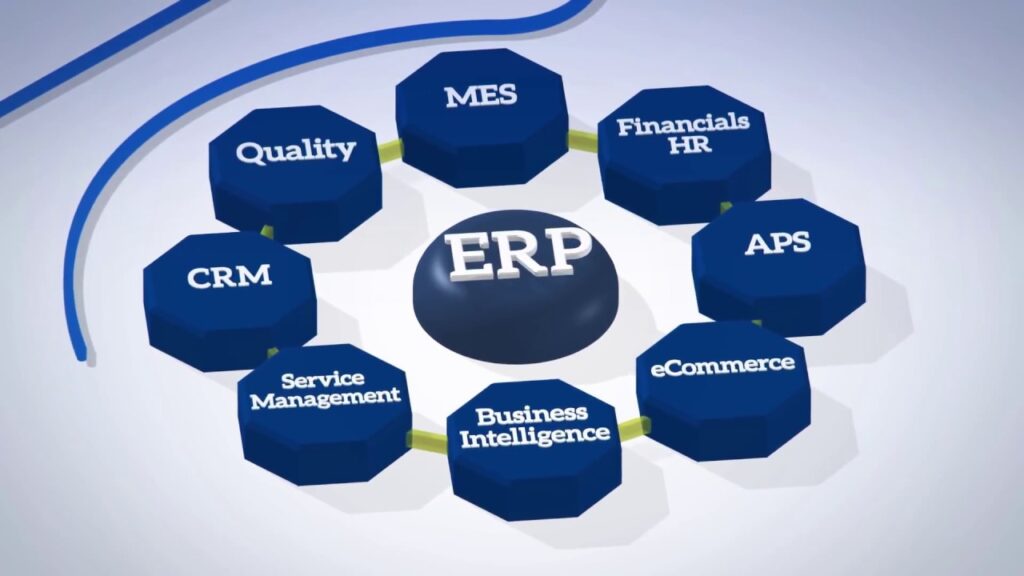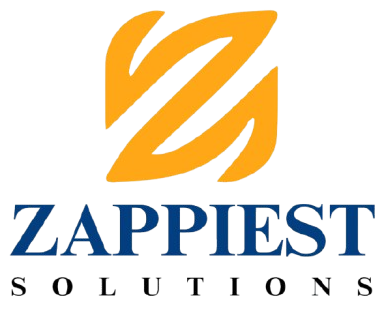
Introduction:
Today, the fast-paced world has taught us that communication is the way to every success so is the case with parents-teachers-students. With time, schools are also making use of ERP of school (Enterprise Resource Planning), which helps improve communication channels, reduce administrative workload, and build better partnerships between everyone concerned with a student’s academic success. ERP in a school environment helps unify multiple processes and gives teachers, parents and students real-time access to vital information. Let us see how ERP systems are changing the way of communication and collaboration in schools.
Centralized Information Hub
One of the major benefits of an ERP system is its capability to combine all the school-related data into one central platform. Parents, teachers, and students can access useful information regarding attendance, grades, assignments, and upcoming events easily. The ERP system ensures that you have all information in a single place, and thus, it reduces the amount of communication channels and minimizes the chances of information being overlooked or lost. Once again, this centralised access means everyone is kept informed and involved in the student’s progress which can be beneficial for academic results.
Real time communication and feedback
Through ERP systems, teachers and parents can communicate in real time, which removes the traditional barriers of communication. Teachers can even instantly notify parents about their child’s performance, behavior, or any child-specific issues immediately with push notifications. Parents can do the same and interact directly with teachers via the platform — making communication more efficient and more transparent. Such communication keeps parents in the loop and allows them to be involved in their child’s education, which is a way of supporting their learning.
Tracking Progress & Personalized Learning
As for students, ERP systems serve as an incredible instrument to monitor their learning and control their own academic progress. It allows students to see their grades, assignments, and upcoming deadlines all in one place, helping them to stay organized and meet academic expectations. The system can also allow teachers to customize learning plans and monitor students’ growth through time. When they have clear and accessible data on their own performance, students are more likely to hold themselves accountable for their education and have a real discussion with their teacher and parents about their learning experience.
Improving Parental Engagement
A child’s academic success largely depends on parental involvement and motivation. Since ERP systems offer a practical and effective way for parents to interact with what their child experiences in school by staying in close contact with not only their child but the school as well. ERP platform gives parents a glimpse of upcoming events, reports, and announcements allowing them to stay updated about their child’s activities. Parents can only support their child’s education based on their level of education.
Streamlined Administrative Processes
The use of erp in schools help with streamlining many administrative processes that have an effect on communication. Parents and teachers can use the system for scheduling meetings, reporting incidents, and submitting permission slips, streamlining the coordination process. Thus, by automating administrative work, the staff of the school will be able to spend more time on care for students and less on paperwork and thus make the whole process of education more efficient.
Conclusion
Adopting ERP in the schools is not just technology; it is about connecting the organization and making it as transparent and efficient as possible for everyone involved. Strong relationships, better academic performance, and a collaborative educational environment can all be achieved in schools through improved lines of communication between parents, teachers, and students. ERP dismantles conventional barriers and serves as a medium of information exchange where everyone collaborates to reach a student’s goals. There’s no two ways left that ERP will enable schools to bring a significant shift in school communicate with parents —Education sector is evolving now and going forward ERP will have an important impact on the significant parts of school life.
FAQs
Q. 1 Which will enhance communication among parents, teachers and students?
Since ERP systems centralise information, it also enables upgrades to be made readily, in real-time with all parties involved. Teachers can send instant notifications to parents about student progress, while parents can easily check their kids’ performance, grades, tasks, school news, and events.
Q. 2 What are the major components of a School ERP system?
A school ERP system generally comes with features that include attendance management, grading, timetable scheduling, communication tools, report generation, and event management. These tools serve to optimize school operation and enrich engagement.
Q. 3 What is the security of the ERP system over student data?
Yes, contemporary ERP systems use high-level encryption and data protection protocols to guarantee the safety of student information while also being compliant with privacy laws such as FERPA (Family Educational Rights and Privacy Act).
Q. 4 School ERP systems are customizable to fulfill the requirements of my school?
Absolutely! One of the best aspects of ERP systems is that they are immensely customizable; schools can use the platform to adapt to school-specific needs, whether that be grading system, course structure or method of communication, so it fits the workflow of the school right away.
Q. 5 How ERP can help to track student progress?ERP of school systems provide a real-time insight into grades, attendance, assignments, evaluations, and teacher performance, allowing one to track progress in a meticulous manner. This information is easily accessible to students, parents, and teachers, who can work together to monitor and optimize the student’s academic journey.
